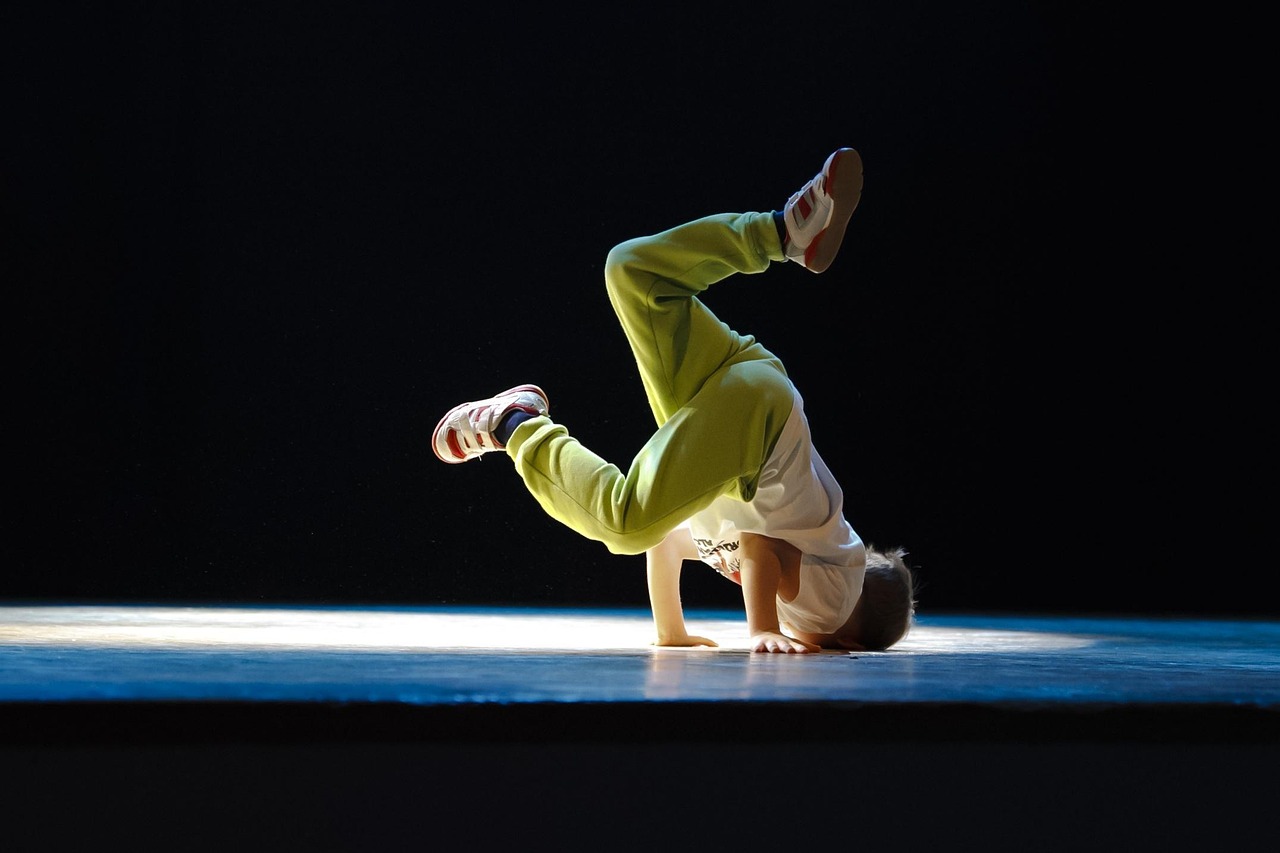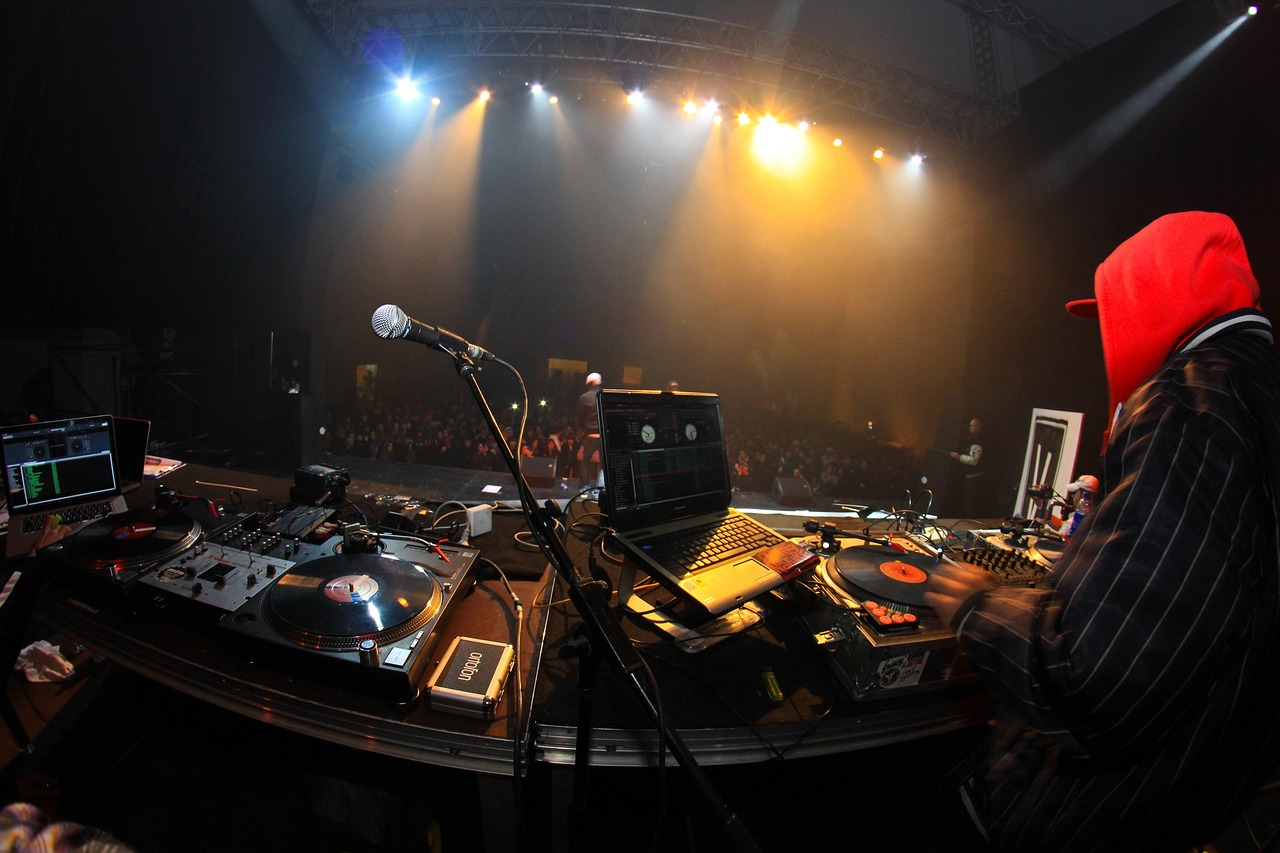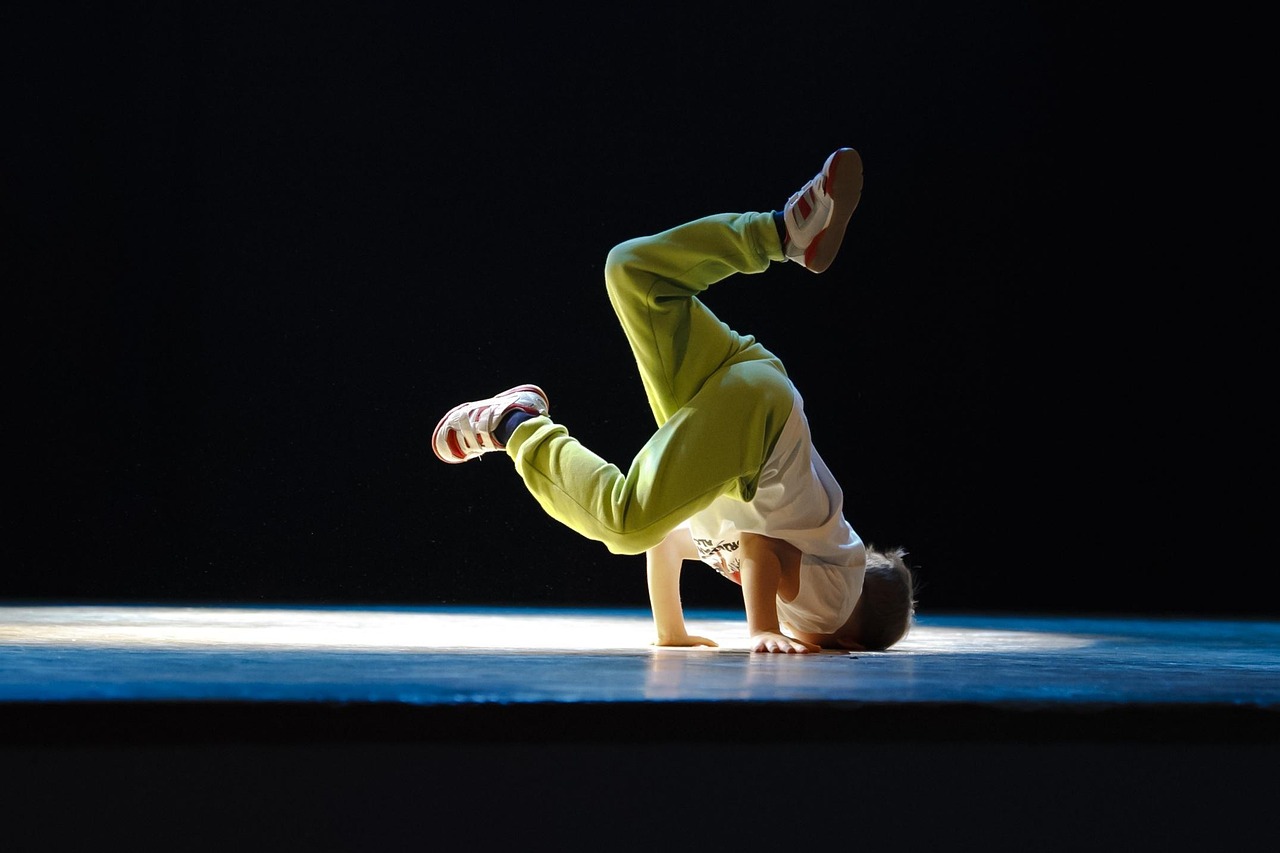
Hip Hop’s
Hip-Hop’s MeToo Moment. The recent trial of Sean “Diddy” Combs has sparked a crucial conversation about the music industry’s need for a MeToo moment, particularly within hip-hop. Despite the significant revelations in Combs’ case, many are left asking why it has taken so long for such powerful figures in music to be held accountable for their actions. Hip-hop, a genre that has historically provided a platform for voices often marginalized, now finds itself at a crossroads where the narratives of survivors are finally coming to the forefront, but the question remains: will this lead to meaningful change?
The Diddy Trial’s Impact
Combs was found guilty of two counts related to the transportation of individuals for prostitution, highlighting a disturbing pattern of abuse that many insiders claim is rampant in the industry. His former partner, Cassie Ventura, testified about her experiences, which included being coerced into abusive situations. This trial has been pivotal, not just for Ventura, but for countless others who have endured similar fates in silence. The trial’s revelations have drawn parallels to the MeToo movement in Hollywood, which has dismantled the long-standing culture of silence surrounding sexual misconduct. According to a 2022 report, nearly 70% of women in the music industry have experienced sexual harassment, underscoring the urgency of this movement.
The Silence of Survivors
One of the most striking aspects of the hip-hop community is the culture of silence that has long protected abusers. As Cristalle Bowen, a rapper and activist, points out, the music industry often employs a “playbook” that shields predators, leaving victims vulnerable to retaliation. Many survivors fear that speaking out may lead to blacklisting or career sabotage. This pervasive fear of retribution is compounded by the industry’s reliance on non-disclosure agreements, which often prioritize corporate secrecy over personal safety. The statistics are alarming: a survey conducted by the Sound Off Coalition found that 80% of women in the industry felt pressure to remain silent about their experiences.
The Role of Racism and Misogyny
The intersection of racism and misogyny further complicates the landscape for women in hip-hop. Many survivors and experts argue that the desire to protect the genre and the success it has afforded some artists can lead to a reluctance to confront uncomfortable truths. Mark Anthony Neal, an academic, emphasizes that hip-hop emerged as a voice for marginalized communities, but this very identity can create a protective bubble around its figures, making it harder to challenge their behavior. This dynamic is evident in the ongoing backlash against women who dare to speak out, as seen in the criticism Cassie faced after filing her lawsuit.

The Need for a Cultural Reckoning
Despite the gravity of the allegations against Combs and others, the industry has yet to undergo a significant cultural reckoning. While some states have passed laws, like New York’s Adult Survivors Act, allowing victims to file claims regardless of when the incidents occurred, the broader music industry remains resistant to change. Activists argue that a comprehensive approach is needed to address the systemic issues that enable abuse. According to a 2021 study, 72% of industry professionals believe that cultural change is necessary to support survivors, yet only 30% have witnessed any real progress.

The Power of Legal Changes
The legal landscape is slowly shifting, with new laws providing a framework for survivors to seek justice. Cassie Ventura’s recent lawsuit against Combs, although quickly settled, is part of a growing trend where victims are beginning to reclaim their narratives. The Adult Survivors Act has opened avenues for over 1, 000 claims in New York alone, indicating a willingness among survivors to confront their abusers legally. This movement toward accountability is crucial, as it empowers individuals to speak out without fear of losing everything they’ve worked for.
The Industry’s Response
The music industry’s response to the allegations against figures like Combs has been tepid at best. While some artists and executives have publicly condemned abuse, many continue to benefit from the status quo. The question remains whether the industry will take meaningful steps toward reform, or if it will continue to prioritize profit over accountability. According to a 2022 report by the Recording Academy, only 25% of women in the music industry believe that their workplace policies adequately address sexual misconduct, highlighting a significant gap in trust and efficacy.

The Future
The Future of Hip-Hop. The future of hip-hop hinges on its ability to confront these uncomfortable truths. As the genre continues to evolve, it must reconcile its legacy of empowerment with the need for accountability. The Combs trial may serve as a wake-up call, but for real change to take root, the industry must foster an environment where survivors feel safe to speak out. According to sociologist Katheryn Russell-Brown, recognizing the collective responsibility to address these issues is essential for the genre’s growth and credibility.

The Role of Fans and Media
Fans and media also play a crucial role in shaping the narrative surrounding these issues. The public’s response to allegations can either support or silence survivors, making it imperative for fans to critically engage with the actions of their favorite artists. The ongoing popularity of artists like R Kelly, despite his convictions, raises questions about the moral responsibility of consumers in the music industry. A study from 2023 found that 65% of music listeners are willing to separate the art from the artist, but this cognitive dissonance can perpetuate harmful behaviors.

Conclusion: A Call to Action
As hip-hop stands on the precipice of change, it is vital for all stakeholders—artists, industry professionals, fans, and advocates—to come together in support of survivors. The lessons learned from the MeToo movement in other industries must be applied to music, fostering an environment where abuse is not tolerated, and accountability is the norm. The need for a MeToo movement within hip-hop has never been more pressing, and it is up to the community to ensure that the voices of survivors are heard and respected. The time for change is now, and the future of hip-hop depends on it.





